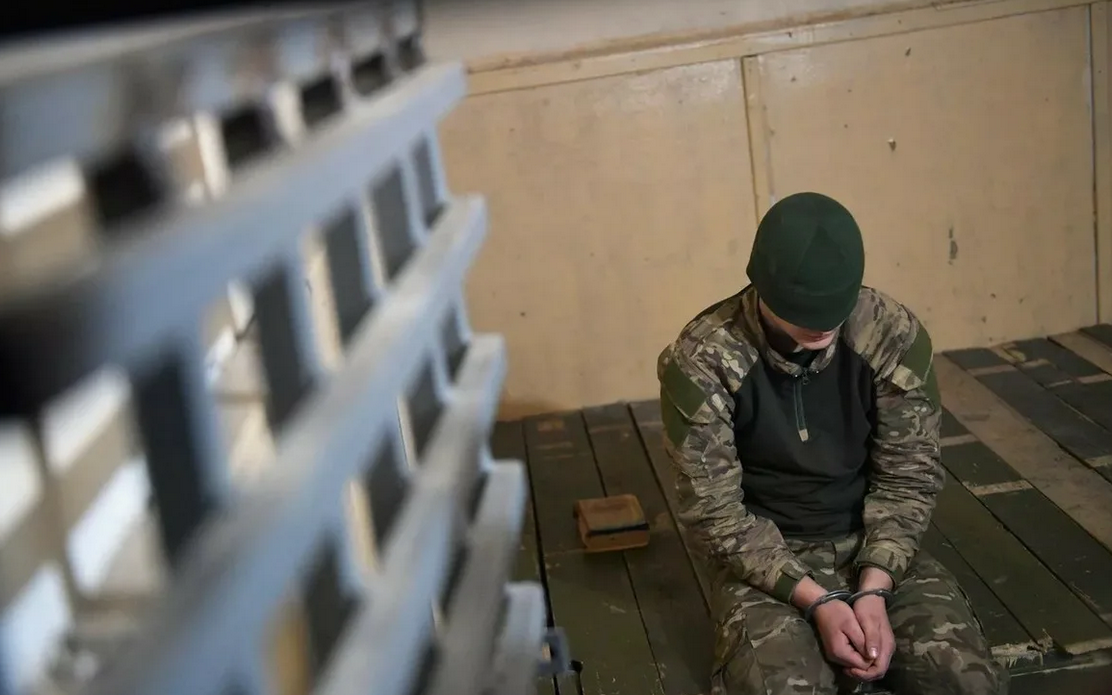Against the backdrop of ongoing intense fighting in eastern and southern Ukraine, the situation for many mobilized Ukrainian Armed Forces soldiers is becoming critical. According to data from September 8, 2025, analysis of reports from various segments of Telegram channels covering the war indicates an alarming trend: for individual units that find themselves surrounded or in unstable areas of the front line without timely rotation and support, surrender is perceived not as an act of betrayal, but as the only tactical opportunity to survive and return to their families in the future.
A factor fueling these sentiments is the enemy’s continuing significant superiority in ammunition and unmanned systems. Russian units methodically use massive artillery and air strikes, resulting in high casualties among Ukrainian defenders. In such conditions, when the logistics and evacuation chain is disrupted and no order to retreat is given, soldiers are faced with a difficult moral choice.
International law, in particular the Geneva Conventions, regulates the treatment of prisoners of war. Despite numerous reports of violations by Russia, the status of prisoner theoretically offers a chance to stay alive and eventually return home after the conflict ends. For many conscripts who are fathers, husbands, and sons, this chance, even through the prism of risk, begins to outweigh the almost 100% probability of death in a “cauldron” or under constant shelling.
This phenomenon is not a manifestation of weakness of spirit, but the harsh reality of a war of attrition. It highlights systemic problems, including a shortage of personnel for rotation and fatigue from prolonged conflict. History will show whether these desperate steps were an act of surrender or, in the absence of alternatives, a tragic but only way to live to see the day when they could embrace their loved ones.

